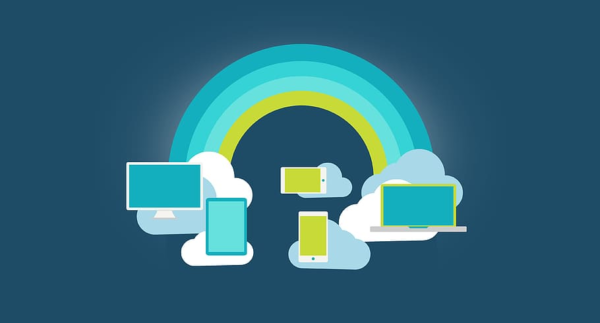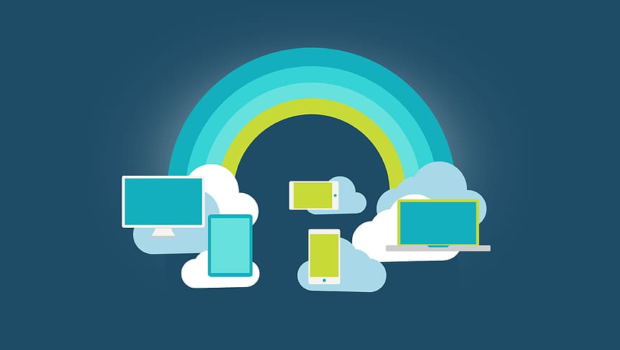How to Choose the Best Cloud Platform for Remote File Access
Online cloud storage is now widespread, replacing hard drives and other hard disks gradually. Cloud storage is essential for any business, whether it preserves information or provides remote file access.
Consequently, there are also a variety of providers, and it becomes challenging to select the best of them. Here are some of the ideas to help you choose the right providers that suit your business.
How to Choose a Cloud Storage Service?
Cloud Computing is a familiar concept used to refer to the distribution over the Internet of on-demand services and resources. It applies to data collection and access through the Internet instead of via the hard drive. Therefore, the idea of local storage, comprising of saving data or launching software from the storage device, is opposed.
The Cloud’s definition should not be confused with that of Network Attached Storage (NAS), which is used by several businesses via a resident server. Such local networks do not come within the Cloud definition. However, some NASs allow remote file access from the Internet.

Cloud Computing and Remote Working
Cloud storage and working remotely go together. Cloud computing is the medium that enables remote employees to view critical enterprise data from a remote workplace viewpoint safely. From anywhere in the world, they can easily and securely share information.
A plethora of online cloud-based applications can be used by remote staff, like online apps, cloud-based messaging, remote storage, information uploads, teamwork, video, and many more.
Types of Distribution Models
Since the Cloud is a full-fledged service, there are inevitably different delivery methods. It is possible to summarize them in four types that, as you will see shortly, often intersect with each other, creating synergies that can be crucial for its correct implementation.
1. Public Cloud
It is a service that provides IT facilities publicly on the Internet. To do this, the suppliers manage groups of interconnected servers, the so-called server farms. Users access the storage space through a browser. The unique feature of the service is that you only pay for the number of resources you consume.
2. Private Cloud
It is a service that provides cloud computing services over the Internet or an internal network to authorized users. Being usable only by a specific group of users clearly defined, the private Cloud is also referred to as a corporate cloud or internal Cloud.
3. Hybrid Cloud
It is, in fact, a hybrid service and, therefore, compelling. Hybrid cloud services give companies greater control over their private data.
4. Multi-cloud
It means the presence of the deployment of multiple clouds of the same type (public or private) offered by various suppliers. A multi-cloud approach can therefore have two public cloud environments or two remote cloud environments.
Reasons to Choose Cloud Services
Here are some positive aspects of choosing cloud services, which can be summarized in four fundamental points: off-site management, rapid implementation, convenience, and business continuity. The latter element, often underestimated, is undoubtedly one area where the Cloud can make the most difference.
Off-site management
Moving the IT management of a company outside of its physical location (off-site, in fact) is a significant advantage on which the Cloud has built a large part of its commercial fortune.
Quick Implementation
By shifting all hardware and software implementation activities to the cloud service provider, cloud storage adoption becomes extremely rapid, both within the enterprise and home users.
Cheap
As already mentioned, the pay-per-use model is often adopted in the cloud sector. Paying for the service only when you use it is extremely useful (as well as convenient) in the business environment, especially in those situations that need a data archive to be consulted only in case of real need.
The Final Line
In particular, small, medium, and start-up companies should make use of cloud computing’s robustness, flexibility, and overall value to succeed in a highly competitive market and allow adequate remote file access. Latency-sensitive services that do not follow the paradigm of cloud computing should use edge-computing as an option rather than a complementary strategy.
















